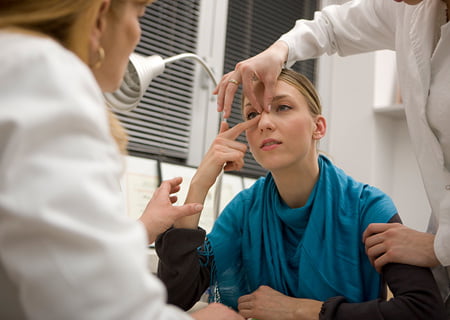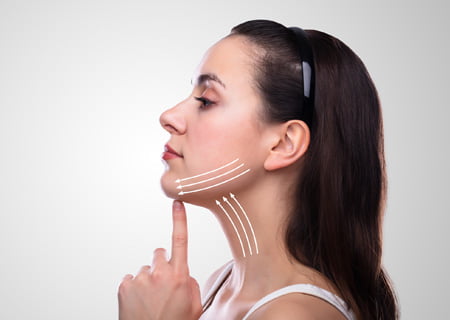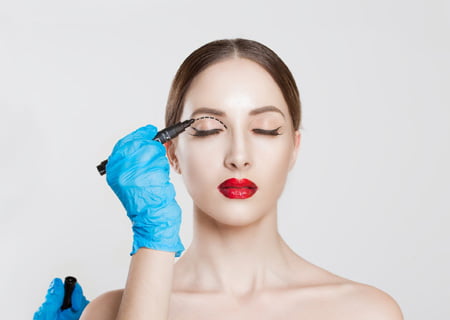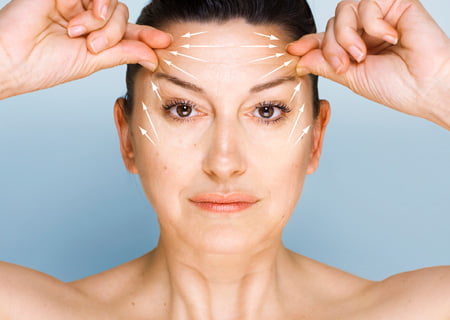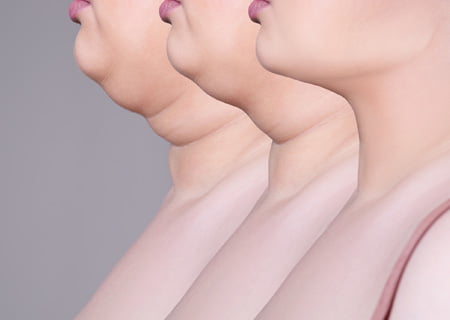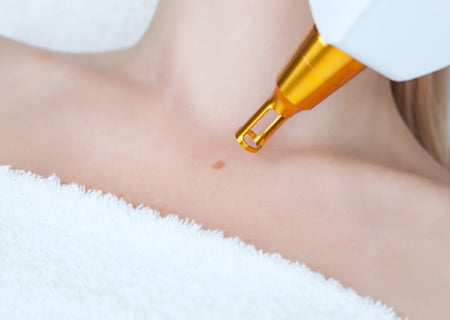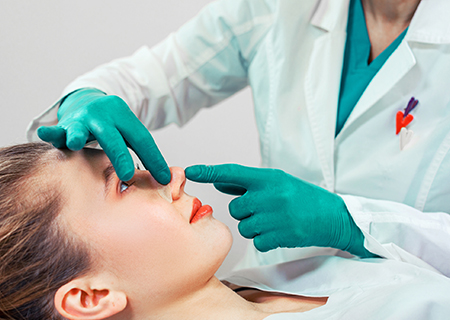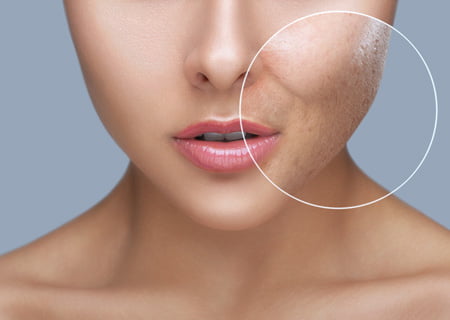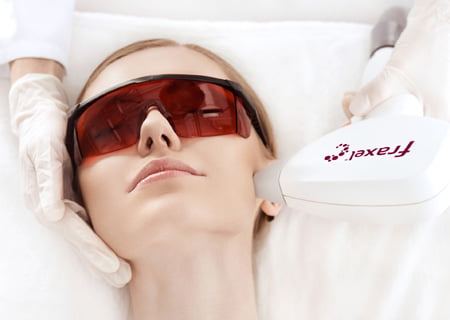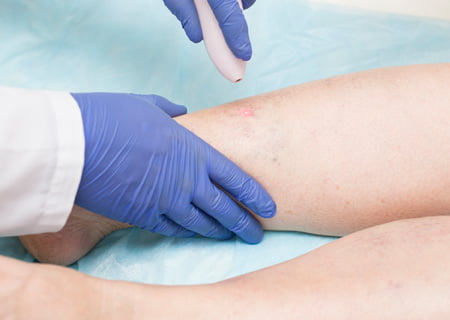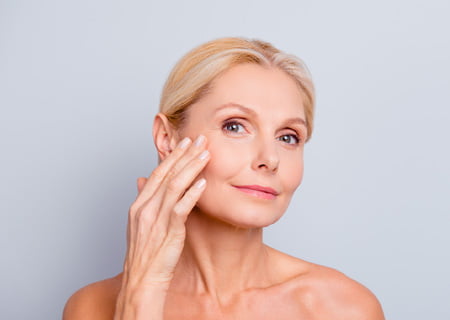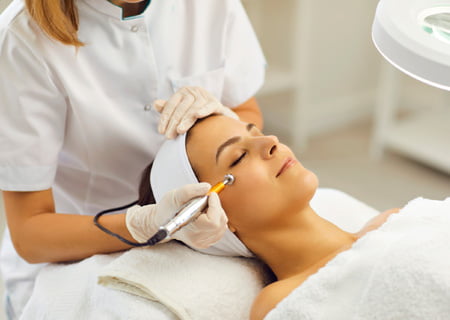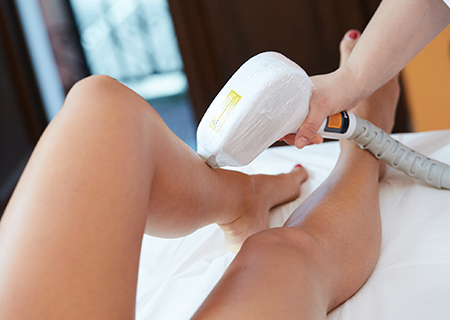Global Regulations and Standards for Cosmetic Surgery

Cosmetic surgery has surged in popularity worldwide, offering individuals the chance to enhance their appearance. While demand grows, patient safety and ethical practices have become critical concerns, prompting countries to implement strict regulations and standards to protect patients.
Key Takeaways:
- Cosmetic surgery regulations vary globally, emphasizing patient safety and ethical standards.
- In the U.S., the FDA and professional boards ensure surgeon certification and the safety of medical devices.
- Brazil, renowned for body contouring, has guidelines to address the high demand for procedures like the Brazilian butt lift (BBL).
- South Korea excels in facial surgery, regulating minimally invasive procedures and addressing beauty standards.
- The U.K. and Canada prioritize informed consent and regulatory oversight through certified organizations.
Cosmetic surgery has become increasingly popular worldwide, driven by the desire for aesthetic enhancements and self-improvement. Whether it's a nose job in New York, breast augmentation in Brazil, or eyelid surgery in South Korea, people are seeking the expertise of plastic surgeons to enhance their appearance.
However, the booming cosmetic surgery industry has raised concerns about patient safety and ethical practices. To address these concerns, countries around the world have implemented various regulations and standards for cosmetic surgery.
The United States
People also search
In the United States, the field of cosmetic surgery is governed by a complex set of rules and intricacies.
Typically, cosmetic surgery procedures are performed by plastic surgeons who have received approval from the American Board of Facial Plastic and Reconstructive Surgery (ABFPRS) or the American Board of Plastic Surgery (ABPS). This approval is a testament to the rigorous training and educational milestones that these surgeons have gone through, including extensive written and oral exams and re-certification every 10 years in the case of the American Board of Facial Plastic and Reconstructive Surgery.
The Food and Drug Administration (FDA) plays a crucial role in overseeing cosmetic surgery by sanctioning and closely monitoring the safety of surgical instruments, implants, and fillers used in these procedures.
Additionally, the America Academy of Facial Plastic and Reconstructive Surgery, the American Society of Plastic Surgeons (ASPS) and the American Society for Aesthetic Plastic Surgery (ASAPS) provide guidance and support to promote ethical and safe practices within this specialized field.
Brazil
Brazil has developed a thriving cosmetic surgery industry, particularly known for its expertise in body contouring procedures.
The Brazilian Society of Plastic Surgery (SBCP) is responsible for regulating and certifying plastic surgeons practicing in the country. One unique aspect of cosmetic surgery in Brazil is the well-known "Brazilian butt lift" (BBL), an internationally renowned procedure. However, due to the high demand and associated risks of this procedure, the SBCP has established specific guidelines and restrictions aimed at safeguarding patient well-being.
These guidelines emphasize the importance of thorough patient assessments and the careful use of surgical techniques to prevent potential complications.
South Korea
The vibrant nation of South Korea has etched its name in history as the unrivalled epicentre of cosmetic surgery, particularly heralded for its proficiency in facial procedures.
The Korean Association of Plastic Surgeons (KAPS) assumes the mantle of governance – this meticulous accreditation process assures that South Korean plastic surgeons ascend to levels of exceptional skill and profound experience within their chosen domain.
A distinctive facet of cosmetic surgery in South Korea is the pronounced accentuation on minimally invasive procedures, exemplified by the likes of double eyelid surgery and rhinoplasty. These procedures often find their execution within outpatient clinics, and the nation has forged strict regulations to ensure patient well-being.
Additionally, South Korea has pioneered the implementation of guidelines tailored to confront ethical quandaries intertwined with unrealistic beauty standards and the potential emergence of body dysmorphic disorder (BDD) among patients.
What regulations govern cosmetic surgery globally?
Cosmetic surgery regulations differ by country, with bodies like the American Board of Plastic Surgery in the U.S., the Brazilian Society of Plastic Surgery, and the Korean Association of Plastic Surgeons ensuring surgeon accreditation, patient safety, and ethical practices. These standards protect patients by monitoring procedures, promoting informed consent, and maintaining medical device safety.
United Kingdom
In the United Kingdom, the realm of cosmetic surgery unfurls under the watchful gaze of an intricate ensemble of regulatory guardians. Among them stand the General Medical Council (GMC) and the British Association of Aesthetic Plastic Surgeons (BAAPS).
The BAAPS champions the sanctity of informed consent, prescient patient consultations, and the astute utilization of certified surgical havens. Over the past few years, they have also witnessed an upsurge in the intensity of scrutiny and regulatory vigilance regarding cosmetic surgery promotions and advertisements within the United Kingdom.
Canada
Canada, akin to its global counterparts, charts its course in the realm of cosmetic surgery through a meticulously structured framework of regulations and standards.
The Royal College of Physicians and Surgeons of Canada (RCPSC) dons the mantle of oversight and accreditation for the architects of transformation within the nation. The respective dominions of the College of Physicians and Surgeons presiding over each province in Canada bear a shared mantle of responsibility.
A hallmark that distinguishes cosmetic surgery within Canada revolves around the reverential regard accorded to patient safety and the sanctity of informed consent. Furthermore, Health Canada, a vigilant guardian, extends its reach to regulate and orchestrate the safety of an array of medical devices and products.
All in all, within the ever-evolving landscape of cosmetic surgery, different countries have established their own regulations and standards to ensure patient safety and ethical practices. From the United States and Brazil to South Korea and the United Kingdom, each country has its unique system of accreditation and oversight for plastic surgeons.
Canada, with its emphasis on rigorous training, patient safety, and transparency, stands as another example of a nation committed to maintaining high standards within the field of cosmetic surgery.
If you are considering a cosmetic procedure, whether it's a facelift, Brow lift, Blepharoplasty , or rhinoplasty, it is essential to research and select a qualified surgeon who adheres to the regulations and standards of your country – and one such accomplished surgeon is Dr. Kristina Zakhary at Facial Cosmetic Surgery Clinic, who has established herself as a leading expert in the field of facial cosmetic surgery procedures.
Dr. Zakhary is known for her dedication to patient safety, ethics, and delivering exceptional results. She is also the President of the Canadian Academy of Facial Plastic and Reconstructive Surgery. If you are ready to embark on your journey towards enhanced beauty and self-confidence, schedule a consultation with Dr. Kristina Zakhary today.
Your quest for aesthetic transformation begins with choosing a skilled and compassionate plastic surgeon surgeon who understands your unique goals and concerns. Contact Dr. Kristina Zakhary at Facial Cosmetic Surgery Clinic and take the first step towards realizing the best version of yourself.
